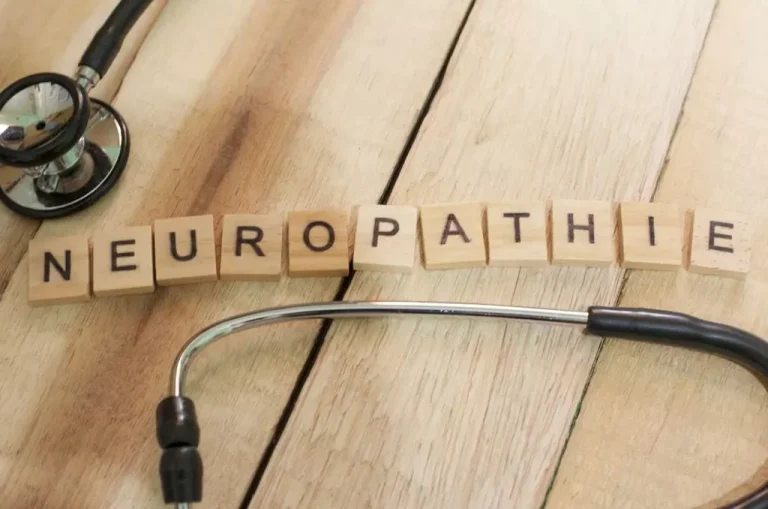
Getting back on track quickly after a lapse is the real measure of success. Creating a rewarding life that is built around personally meaningful goals and activities, and not around substance use, is essential. Recovery is an opportunity for creating a life that is more fulfilling than what came before. Attention should focus on renewing old interests or developing new interests, changing negative thinking patterns, and developing new routines and friendship groups that were not linked to substance use. In addition to DREAMM-7 and DREAMM-8, a phase III study in newly diagnosed transplant ineligible multiple myeloma, DREAMM-10, is expected to be initiated by the end of 2024. The safety and tolerability of the belantamab mafodotin regimen were consistent with the primary analysis and known safety profile of the individual agents.
Major Life Changes
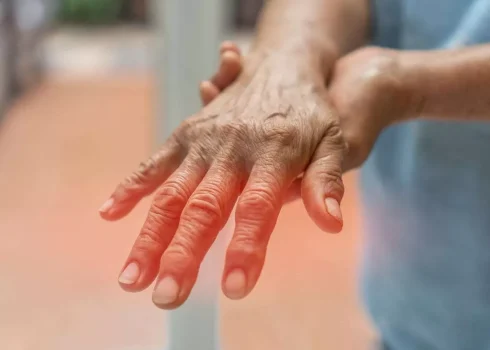
Attending or resuming attending meetings of some form of mutual support group can be extremely valuable immediately after a lapse or relapse. Discussing the relapse can yield valuable advice on how to continue recovery without succumbing to the counterproductive feelings of shame or self-pity. Whether or not emotional pain causes addition, every person who has ever experienced an addiction, what is Oxford House as well as every friend and family member, knows that addiction creates a great deal of emotional pain. Therapy for those in recovery and their family is often essential for healing those wounds.
Most Common Triggers for Relapse and How to Avoid Them
Remember, preventing relapse is an ongoing process that requires dedication and adaptability. By staying proactive and utilizing these strategies, you’re relapse prevention building a solid foundation for a successful, long-term recovery. Incorporating strategies to address these causes, such as therapy, building a support network, and continuous self-care, enhances your resilience against relapse. Equip yourself with these tools, and you’ll be better prepared to face the challenges of sobriety head-on. Whether it’s due to personal relationships, financial pressures, or work-related stress, these situations can create an overwhelming urge to escape through substance use.
Treatment Centers in New York
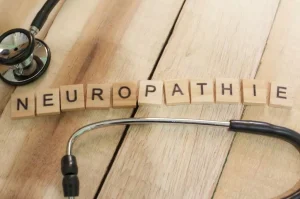
For example, between 30 and 50 percent of patients with Type 1 diabetes relapse, and between 50 and 70 percent of people with hypertension relapse, according to the National Institute on Drug Abuse. Relapse occurs when a person returns to substance use after abstaining for a certain period. Addiction is a long-term condition, like asthma, diabetes, or high blood pressure. Of course, the goal is to stop using drugs or alcohol completely and not relapse. But when you see your addiction as a chronic disease, you can look at relapse from that perspective, too.
What Are The Early Warning Signs And Symptoms Of Relapse?
It is in accord with the evidence that the longer a person goes without using, the weaker the desire to use becomes. That view contrasts with the evidence that addiction itself changes the brain—and stopping use changes it back. Use of a substance delivers such an intense and pleasurable “high that it motivates people to repeat the behavior, and the repeated use rewires the brain circuitry in ways that make it difficult to stop. Evidence shows that eventually, in the months after stopping substance use, the brain rewires itself so that craving diminishes and the ability to control behavior increases. The brain is remarkably plastic—it shapes and reshapes itself, adapts itself in response to experience and environment.
- Using drugs or alcohol can seem like the easiest way to feel happy or normal.
- Once a person begins drinking or taking drugs, it’s hard to stop the process.
- Relapse is often seen as a step backward in addiction recovery, but it doesn’t erase the progress someone has made.
- When someone starts neglecting self-care, altering sleep patterns, or abandoning healthy habits, it’s often a sign that they’re veering off course.
- The risk of relapse is greatest in the first 90 days of recovery, a period when, as a result of adjustments the body is making, sensitivity to stress is particularly acute while sensitivity to reward is low.
Identifying Your Personal Triggers
- Whether you’re dealing with withdrawal, battling flashbacks, or struggling with rejection, there are resources and support available.
- Some people attend support groups for their entire lives and find happiness in supporting others trying to overcome addiction.
- Finally, the physical stage is when the actual return to the behavior occurs.
- Of drug or alcohol treatment patients are expected to relapse at some point.
- Rehab insurance is a type of health insurance that covers the cost of addiction treatment, including inpatient and outpatient rehab programs, counseling sessions, and medication-assisted treatment.
Be gentle with yourself and practice self-compassion as you navigate through the challenges of relapse. Recovery is a journey, and setbacks can be a natural part of the process. Avoid self-blame or negative self-talk, and instead, focus on learning from the experience and moving forward with renewed determination and commitment to your recovery goals.
Factors That Influence the Likelihood of Relapse
While it is a common part of the recovery process, it can lead to dangerous behaviors that may harm both the relapsing individual and their loved ones. When you’re on the path to recovery from addiction, understanding the impact of relapse is crucial. A relapse can be disheartening, but it’s vital to recognize it as a common part of the recovery journey. Relapses can affect not only your personal progress but also have wider emotional, physical, and social ramifications. Managing triggers in drug abuse recovery may involve avoiding certain situations, engaging in self-care activities, and seeking professional assistance. By developing a personalized plan to address and manage triggers, individuals can reduce the likelihood of relapse and maintain their progress toward long-term sobriety.
Financial Stress
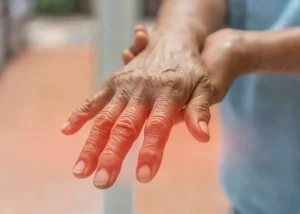
Therapy, counseling, and support groups are all great resources to help you on your path to recovery, offering essential tools and resources needed to maintain sobriety. In addition to self-awareness and support, seeking professional help, like therapy or counseling from experts at Lantana, can also be beneficial in managing triggers and maintaining sobriety. Mindfulness and stress reduction practices are the zen masters of relapse prevention. They teach us to observe our thoughts and feelings without judgment, reducing the power that triggers hold over us.
What Are The Effects of Addiction Relapse?
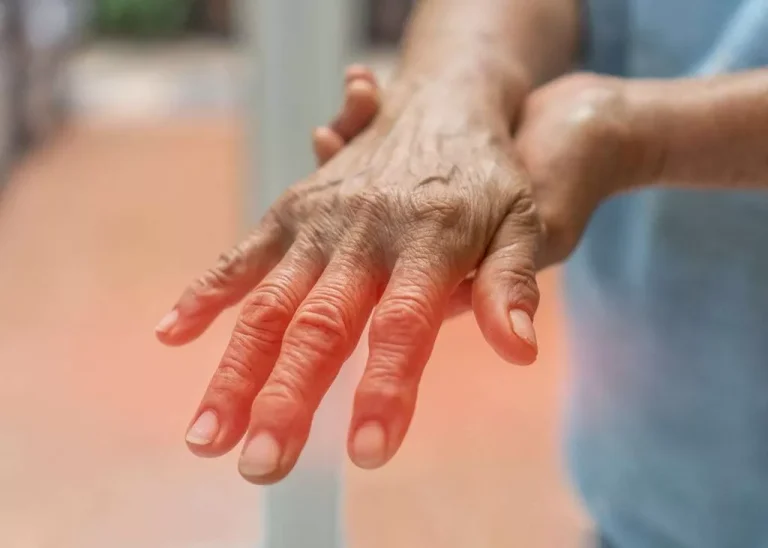
Therapy is extremely helpful; CBT (cognitive behavioral therapy) is very specifically designed to uncover and challenge the kinds of negative feelings and beliefs that can undermine recovery. By providing the company of others and flesh-and-blood examples of those who have recovered despite relapsing, support groups also help diminish negative self-feelings, which tend to fester in isolation. Such feelings sabotage recovery in other ways as well—negative feelings are disquieting and are often what drive people to seek relief or escape in substances to begin with. =https://ecosoberhouse.com/ In addition, feelings of guilt and shame are isolating and discourage people from getting the support that that could be of critical help.
If you start to overdose, naloxone can reverse an opioid overdose when someone gives it to you in time. Make sure the people closest to you know where to find it and how to use it. A healthy brain releases chemicals that give you pleasure when you do something rewarding, like exercising or meeting up with your friends. As you become addicted, your brain demands more and more of the drug to get that same feeling. In fact, at some point, if you don’t use the substance, you may feel worse. Most physical relapses are considered relapses of opportunity, meaning that they occur when an individual feels they will not get caught.
